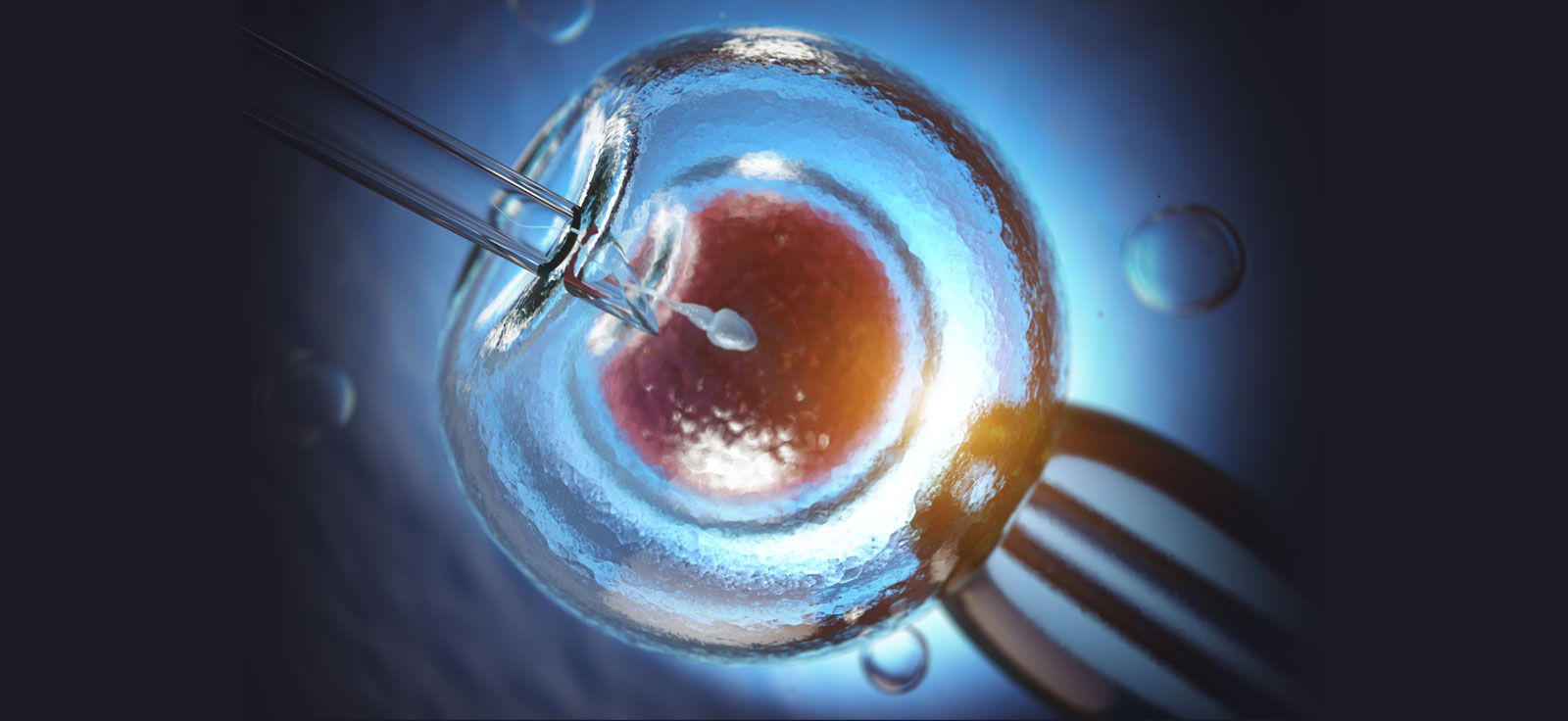IVF with egg donation is a form of assisted reproductive technology (ART) that helps individuals and couples facing fertility challenges conceive a child. This process is especially useful for those with specific fertility obstacles, such as women with low ovarian reserve, poor egg quality, or genetic concerns, and for same-sex male couples who require an egg donor to create a family. Here’s a comprehensive overview of what IVF with egg donation entails, from the selection process to potential outcomes.
Understanding IVF with Egg Donation
IVF (In Vitro Fertilization) with egg donation combines the IVF process with an egg donation procedure, where an egg from a donor is fertilized with sperm (either from a partner or a donor) in a lab. Once the fertilized egg develops into an embryo, it’s transferred to the recipient’s uterus for implantation. This procedure allows individuals who are unable to produce viable eggs to carry a pregnancy and experience parenthood.
Who Can Benefit from Egg Donation?
Egg donation is commonly sought by women with diminished ovarian reserve, early menopause, or conditions affecting egg quality, such as age-related fertility decline. Women with genetic disorders that may pass to their offspring and couples or individuals without access to viable eggs, including LGBTQ+ couples and single men, can also benefit from egg donation.
Selecting an Egg Donor
Choosing an egg donor is a highly personalized and significant decision. Donors can be known (such as a family member or friend) or anonymous, and they are often selected through agencies or fertility clinics. Factors that recipients may consider include the donor’s physical characteristics, medical history, educational background, and personal interests. Most fertility clinics thoroughly screen donors to ensure they meet health, psychological, and genetic criteria, offering recipients peace of mind about the donor’s health and background.
The IVF Process with Donor Eggs
The IVF process with egg donation generally includes the following steps:
Ovarian Stimulation of the Donor: The egg donor undergoes hormonal treatments to stimulate her ovaries and produce multiple eggs.
Egg Retrieval: The eggs are retrieved from the donor through a minimally invasive procedure.
Fertilization: The retrieved eggs are fertilized with sperm from the recipient’s partner or a sperm donor.
Embryo Development and Transfer: After fertilization, embryos are monitored and developed for a few days in a lab. A healthy embryo is then transferred to the recipient’s uterus, where it has a chance to implant and develop into a pregnancy.
Success Rates and Considerations
IVF with egg donation often has higher success rates compared to standard IVF cycles, largely due to the younger age and health of egg donors. However, success can still vary based on factors such as the recipient’s overall health and the quality of sperm used. Emotional considerations are also important; some recipients may experience mixed feelings about the genetic relationship of the child, which can be eased with counseling and support.
Costs and Legal Aspects
IVF with egg donation can be more costly than traditional IVF due to the donor’s involvement and the extensive medical procedures. Legal aspects vary by country and may include regulations on donor anonymity, parental rights, and consent, making it essential for recipients to consult legal professionals specializing in fertility law.
Final Thoughts
IVF with egg donation has empowered many to achieve their dreams of parenthood. This process, though complex and often emotionally charged, opens a pathway to starting or expanding a family. Proper guidance, medical support, and emotional resources can make IVF with egg donation a fulfilling and hopeful journey toward parenthood.
